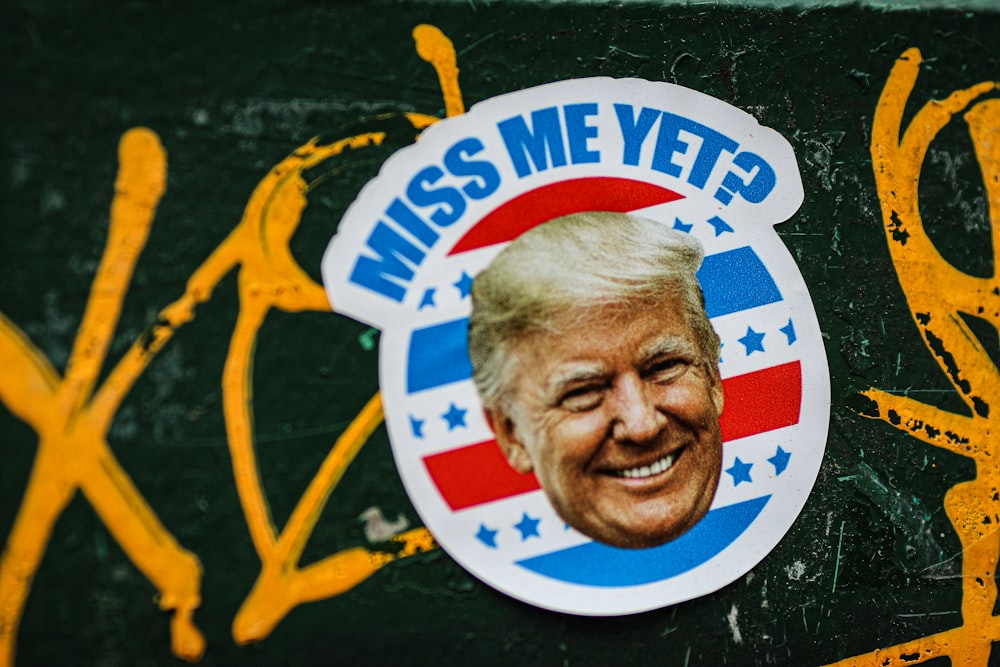A piece by Anand Menon in the Financial Times has triggered some discussion on Twitter/X about whether a Labour government would seek a closer security and economic relationship with the EU, and if so, how.
The consensus seems to be “yes but it will be hard and take a long time”, which I broadly agree with.
But I think a lot depends on who is in the Whitehouse. My working assumption is that a Biden+Labour combo results in little change to the UK-EU relationship. A Trump+Labour combo, probably quite a bit.
To elaborate:
[Note: for these purposes, I’m assuming Labour win the next UK general election. They might not, of course. But given the polls at the moment that would be quite the shock.]
Scenario one: Labour government plus Biden Presidency
From a Labour perspective, this is the dream scenario.
This combo would probably mean superficially strong relations between the UK and US (occasionally spoiled by the realisation that US economic policies are not good for the UK and in practical terms, the Biden team don’t spend much time thinking about the feelings of anyone other than steel workers in Ohio).
It wouldn’t surprise me if the UK and US sign some sort of pretend free trade agreement that commits both parties to say nice things to trade unions while offering nothing on classic trade policy things such as removing tariffs. This would allow Labour to claim they had negotiated a trade deal where the previous Conservative governments had failed.
(The Conservatives would accurately state that this was not in fact a real trade deal, but then again they have just spent the last few years similarly striking pretend trade deals with US states.)
But a good relationship with the US means less attention to the relationship with the EU. One reason is quite superficial: British politicians prefer trips to the US than to Brussels. But beyond that, there would just be less of an incentive to put in the time and effort required to go in deeper with the EU.
The EU wouldn’t really need to think too much about the UK either. From a security perspective — referring back to Anand’s piece — the US might still be a pain, but it wouldn’t be actively hostile to the EU security concerns and the US President wouldn’t be calling Putin a “cool guy” or something like that.
Scenario two: Labour government plus Trump Presidency
This would probably be quite bad. If we take Trump at his word, we’re back to a world of indiscriminate trade wars, with new tariffs applied to allies if they don’t back Trump’s new China tariffs. On top of this, you have to assume that US support for Ukraine comes to an end, and [probably] there are questions as to whether the US would even support EU members in the event of further Russian extraterritorial incursions.
In such a scenario, yeah, I think it’s quite possible that both the UK and EU decide it is in their interest to cooperate more fully. First on security, and then maybe on trade issues. It still won’t be easy, but what choice do they have?
So in conclusion, if you want deeper EU-UK relations, pray for Trump in November.
Chart of the week: The Trade Impact of Climate Change
If you (like me) are worried about the impact climate change will have on international commerce, read this new paper by the Atlantic Council.
Green Imperialism
As long-time readers of MFN will know, recycling rules are a great cover for measures designed to encourage onshoring.
And France is at it again. See this piece by SCMP’s Finbarr Bermingham:
… France demanded the addition of a last-minute clause to landmark EU packaging rules that will require producers in China and elsewhere in the world to match standards applied to recycled plastic packaging in Europe.
France believes it is only fair that non-EU actors have to abide by the same rules as their competitors in Europe, and so pushed for “equivalence criteria”, also known as “mirror clauses”.
This is designed to create a level playing field, as the EU is seen as the world leader in plastic recycling, with its companies having to foot associated costs.
But the move could rile trade partners who are already upset by Europe’s carbon border tax and other sustainable trading measures. China, for instance, has frequently railed against what it describes as the EU’s “green protectionism”.
Best wishes,
Sam




